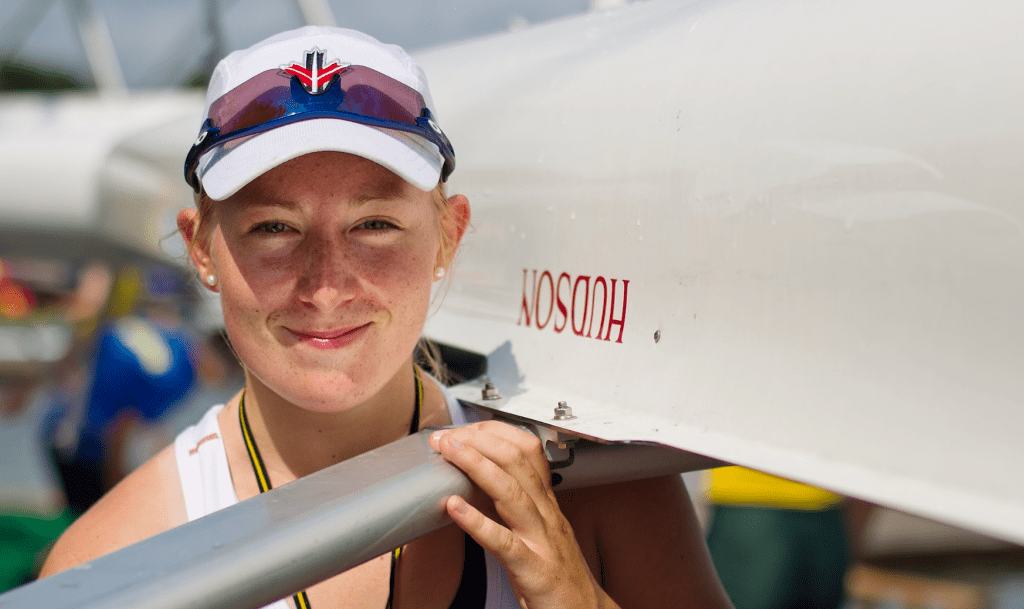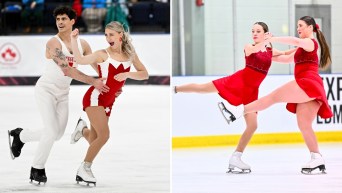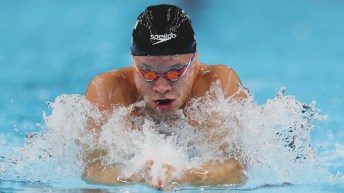Caileigh Filmer: Talking openly about mental health helped me on my path to win an Olympic medal
Trigger Warning: Depression
Caileigh Filmer and rowing partner Hillary Janssens won the bronze in the women’s pair at Tokyo 2020—Canada’s first Olympic medal in the event since 1992.
For Filmer, the path to the podium was marked by her struggles with mental health. In support of Bell Let’s Talk Day, Filmer shares her story in the hopes it will help others find a voice, especially those that need it most.
One hundred days out to the Olympics in Tokyo, I was in a dark place spiraling downwards.
My worst moments were the thoughts of sitting on the start line at the Olympics, not excited to race, and praying for it to be over.
I couldn’t see myself making it to Tokyo, let alone making it through the 2000-metre race.
My smile was gone again.
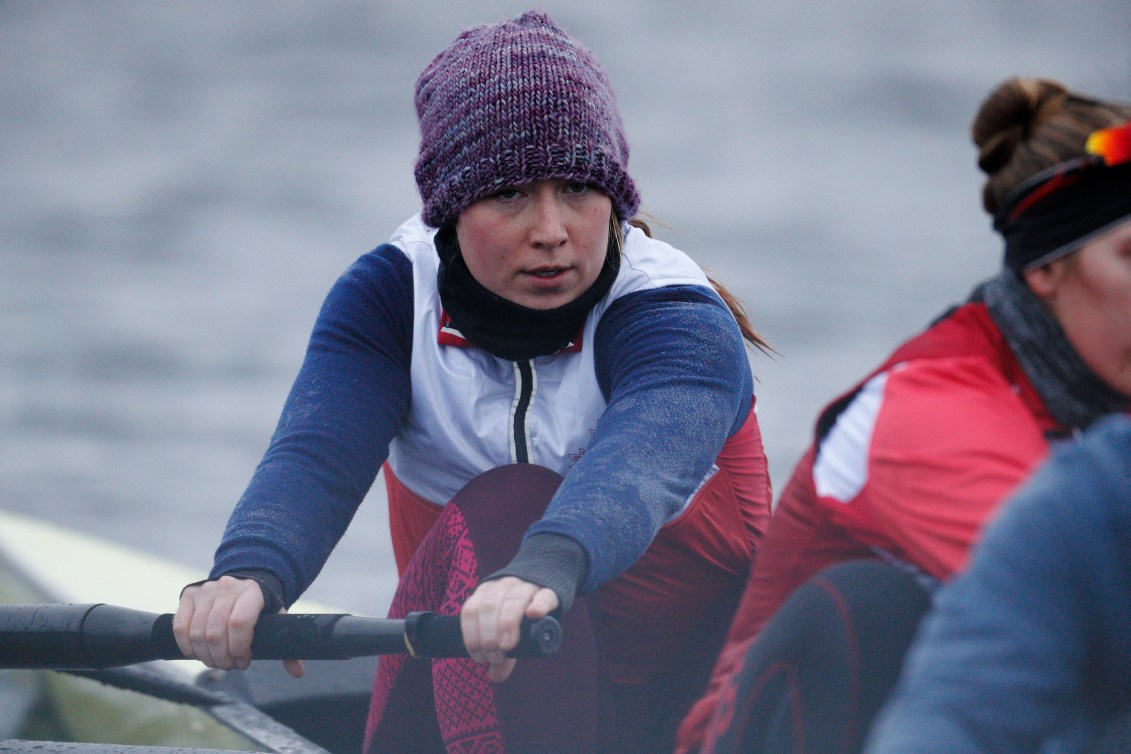
I had learned how to help improve my mental health before, but my depression returned.
My rowing partner, Hillary, and I had been dealing with injuries all year since the delay of the Olympics. The pressure of performance took over and it felt like I couldn’t stand up to what was going on in my brain anymore.
That’s why I’ll never forget my reaction after we won our bronze medal in Tokyo.
I cried non-stop for an hour—cries of relief, cries of disbelief. We had done it, together.

My friends and family had been so concerned about me just 100 days out, they supported me with the decision I wanted to make to step away from the sport before the Olympics. They just wanted me to be healthy. They told me no matter what, they were behind me.
I was sure that I had made my decision on the inside until a conversation I will be forever grateful for with one of my roommates, Karl Hare.
Karl told me that I was not done yet. He told me that he knew I was hurting really bad, but that I needed to find a way, whether that be to row for my parents, my teammates, or for myself.
I told him all those people wanted what was best for me, so internally, that wouldn’t be able to help me keep going.
It was this next part that stuck with me and flickered a light in all the darkness I was feeling:
“You know what, then row because you’re not giving up. For all the other people struggling out there, you’re going to kick this depression in the ass. You’re the strongest person I know, and I know you can do it. I don’t want you to regret anything in the future, and how cool would it be to be able to look back after and share this story. That you did it.”
I broke down in tears.
It was the exact opposite of what everyone else was telling me, but it was what I needed to hear most.
The way he said it, it challenged me. It lit a fire in me. I couldn’t do this for just me. The thing that got me back in the boat was that I could do this for everyone else who was struggling.
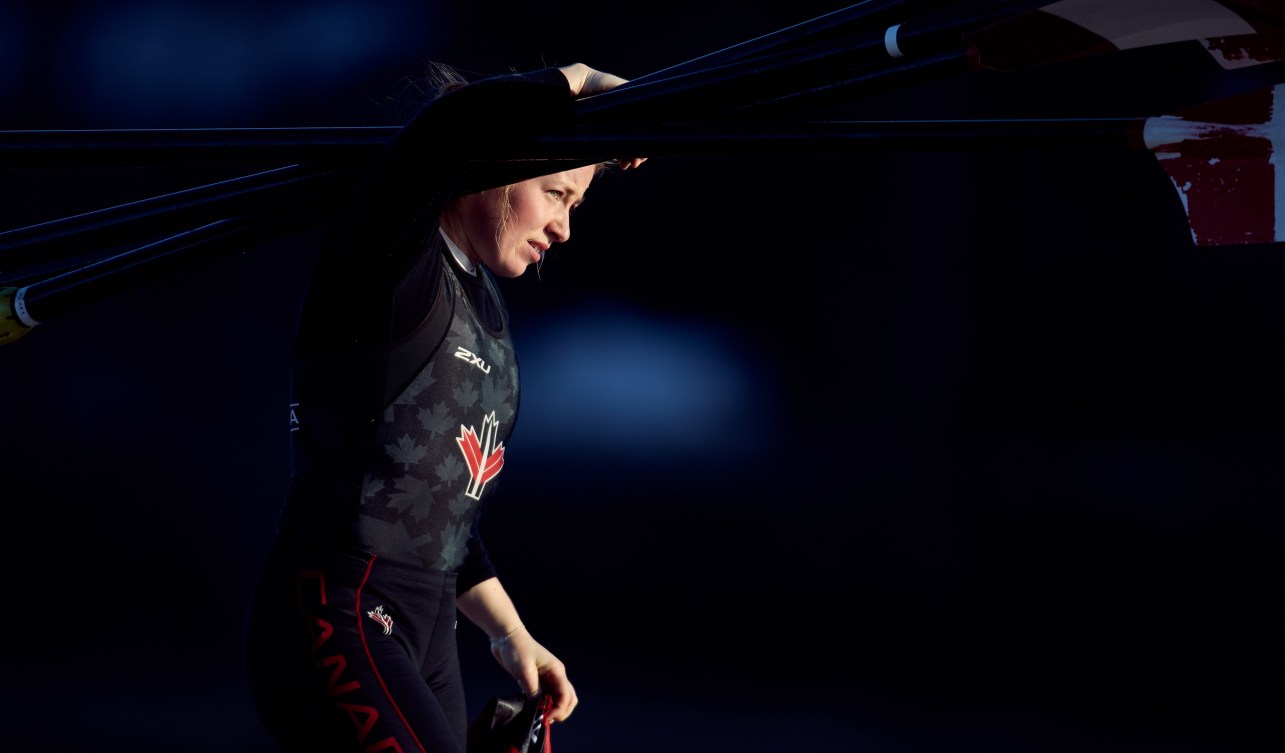
Looking back now, I’m so grateful he said that. I’m proud of myself for listening to my mind and my body when I wasn’t okay, and then finding the strength and empowerment to do it.
After Tokyo, I got a word engraved on my left arm as a constant reminder.
I got this Olympic tattoo, not with the typical rings like many athletes have, but with the one word that was instrumental in helping me get to Tokyo.
Gratitude.
When it was 100 days out to the Games and I was in such a bad state, I decided to share publicly on my Instagram feed the gratitude journal that I had been writing for my counsellor.
I shared the ten things I was most grateful for that helped me get to Tokyo. Some of them were happy, some not so much.
That was the first time I had ever talked without filters about my bumpy experiences.
I thought it might help me to read this journal if I was having a bad day in Tokyo. And, if it could help just one other person who might be going through something similar, I found myself in a better place.
I know how hard it is to open up about mental illness. It’s difficult to let yourself be vulnerable, to say you’re struggling and to ask for help.
In the past, I was always someone who would give all my time to take care of others, but often I would forget to take care of myself. Instead, I would wear a mask. I would put my head down and carry on as if is everything was okay.
Maybe it’s because I’m stubborn. I love my independence and I didn’t want to lose it.
I also didn’t want to share things with those closest to me, like my parents, and have them worried.
After Hillary and I won gold at the world championships in 2018, everything came to a head for the first time. That was when the people closest to me knew something was seriously wrong. I eventually accepted that they were right. I wasn’t alright.
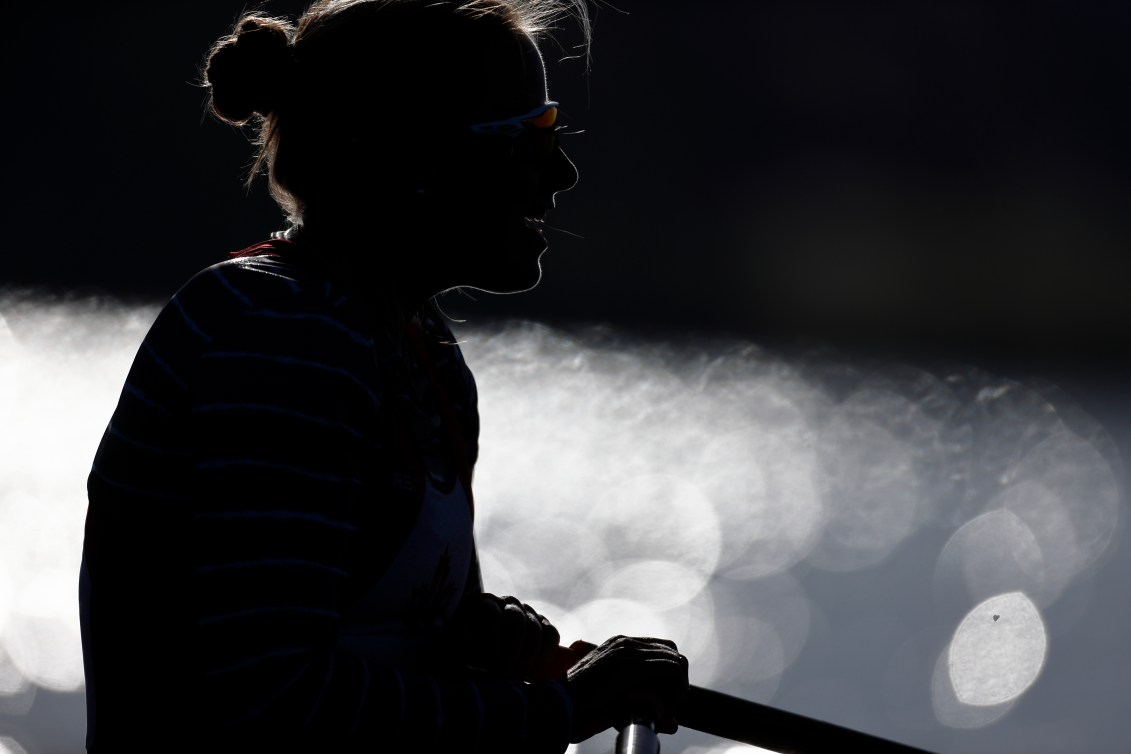
At the start, I found it hard to get out of bed in the morning. Rowing had always been my escape. When I would get to the boathouse, I could leave everything else going on in my life at the dock. After pushing off the dock I could breathe and be happy. That was no longer the case. For the first time that I could remember, I couldn’t smile.
That was when I was first diagnosed with clinical depression.
I had to give up my independence and accept my parents’ help, despite my best intentions. At that point, I realized I couldn’t take care of myself.
I had to move back in with them for a while and let them take care of me. I began working with five different mental health professionals, including mandatory sessions with a psychiatrist. I started taking anti-depressants that I would stare at every night before I swallowed, thinking about how I would never truly be myself again and only be artificially happy. I couldn’t remember anything from the previous day, because my head would block out the memories of feeling just so incredibly low and hating life.
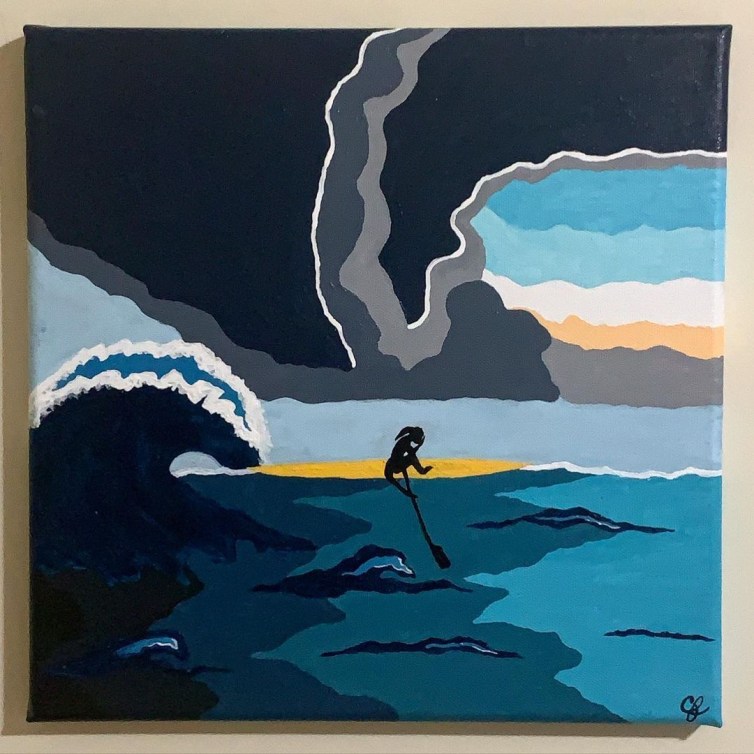
I asked the staff to let everyone on the team know about my depression in case someone else was struggling. I wanted my teammates to feel comfortable having an open conversation and see that it’s not something they need to hide.
When Hillary and I won that bronze medal in Tokyo, all the memories came flooding back to me, as well as all the people who provided support along the way. We all did it, together.
This includes my old high school rowing coach, Aalbert Van Schothorst, who had moved on to the University of Victoria.
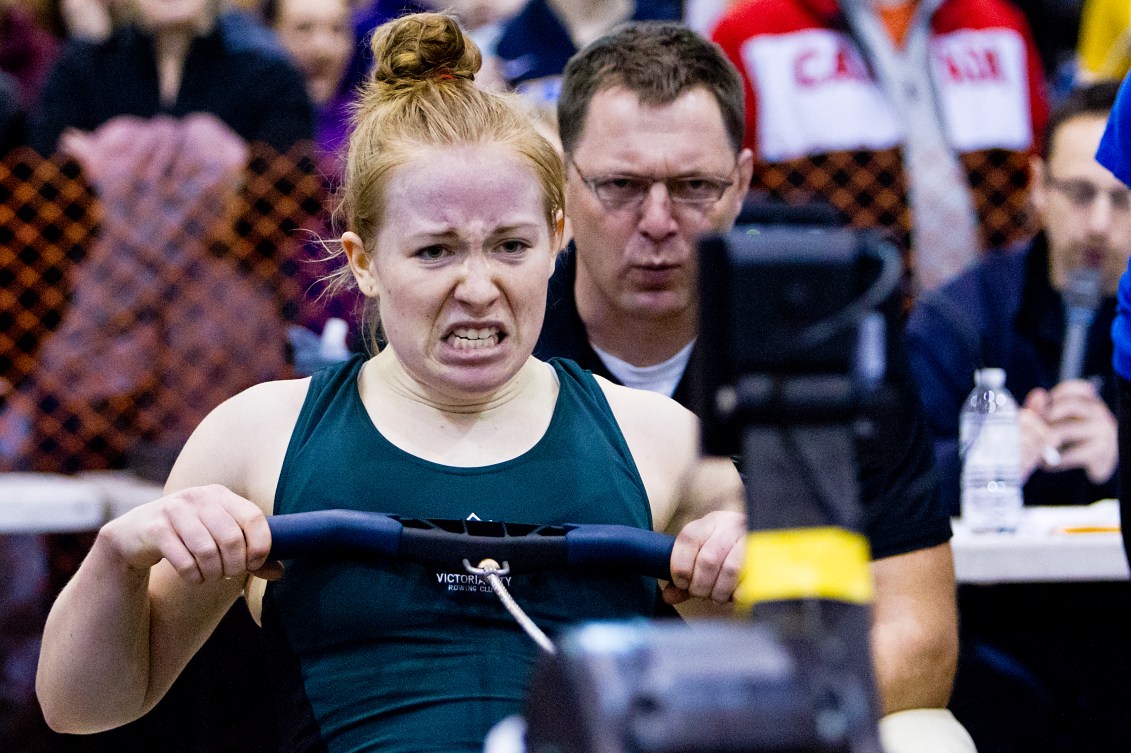
When I was coming back, he invited me to train with his men’s team. If I wasn’t talking or if I was crying one day, it didn’t matter. I felt like I had somewhere safe to go, where there was no judgement.
I was roommates with a few of the boys, too. One of them found me one day in my room crying in a corner, spiraling back when I wasn’t yet ready. I didn’t feel safe by myself and I didn’t want to live another day. He called my parents and I was taken to the hospital.
I was also supported by my partner in the boat, Hillary, and my teammates.
As I was progressively recovering, I was cleared to begin training with the national team again. After it felt like everything had been taken away from me, I was just grateful to be there with the women, and I rowed like I had nothing to lose.
When I was away, my absence caused a domino effect in more than just the pair; it caused the entire team to rearrange and adapt. It wasn’t nice to think about how my mental health resulted in me negatively impacting my teammates.
After Hillary and I won the bronze, I felt such relief watching the women’s eight win gold in Tokyo. We had all achieved our dreams and they had been an instrumental part in us getting there.
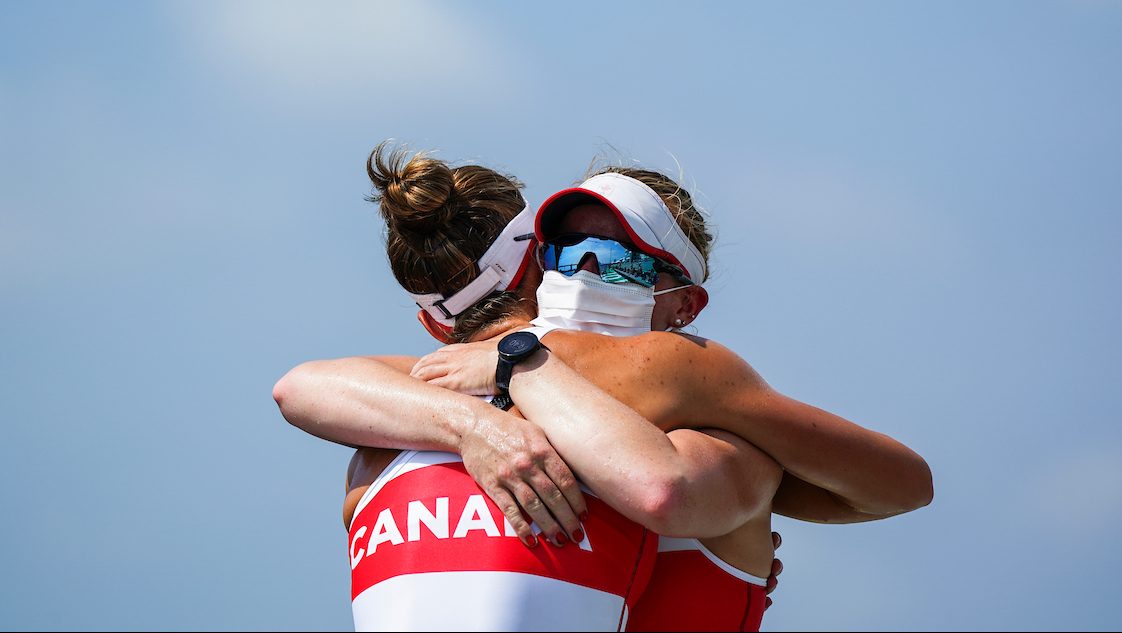
Shortly after Tokyo, I retired from rowing and began a whole new challenge trying to compete in track and road cycling.
That’s another story for another day.
But rowing and my friends in that sport will always be on my mind.
Mental health, as well, will be a part of me forever.
Tokyo will go down as a watershed moment; the Games where mental health came to light like never before.
It wasn’t just my story. It was huge when American gymnastics legend Simone Biles didn’t compete in some of her events and shone the spotlight on concerns around her mental health.
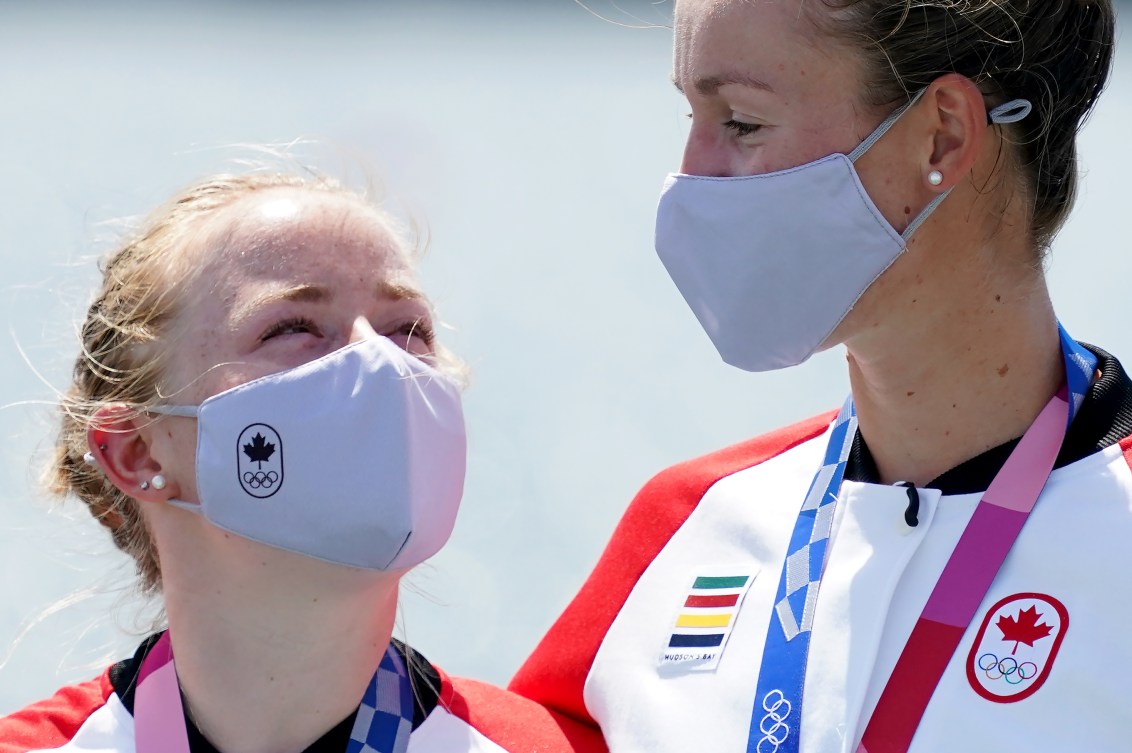
Those conversations need to keep happening. I was glad to see the federal government recently announce $2.4 million in support for health and wellness in high performance sport.
That’s an important investment to address, in part, the urgent mental health needs of athletes.
My favourite expression is “make the impossible possible and always smile”. I like to say that because I believe anything is possible, and my smile is very important to me after it was taken away for a while.
While I have loved sharing my medal with and inspiring the next generation of Canadian athletes, I have found it just as rewarding and impactful to have the chance to talk openly with them about my mental health. To show other athletes, and everyone, that mental illness isn’t a weakness and it’s possible to succeed even if you’re struggling.
This article is dedicated to my dear friend, Christoph Seifriedsberger, who tragically passed away a few weeks ago when he was struck by a truck during a training ride. He too had his own challenges with mental health and depression, and had become a tremendous advocate of mental health in the World Rowing community. Christoph will continue to inspire me and so many others for his openness and kindness he gave to all.
Together let’s continue to take action and create long-term change for mental health in Canada—learn how you can support by visiting the Bell Let’s Talk Day website.

